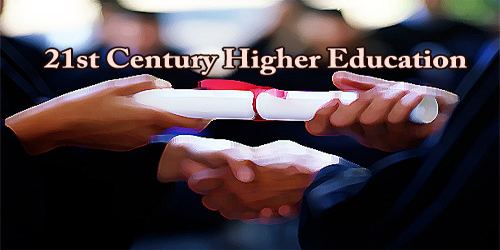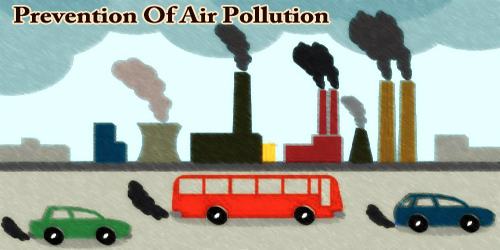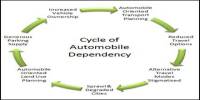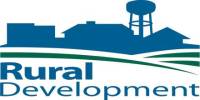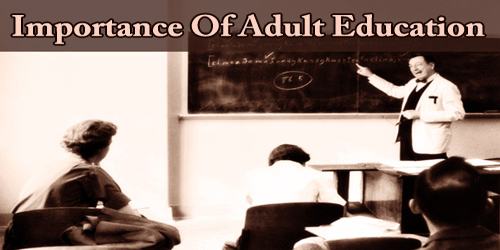Many educators believe that one of the functions of education today should be to impart 21st century skills that are indispensible for participation, achievement and competitiveness in the global economy. The core missions of higher education systems (to educate, to train, to undertake research hand, in particular, to contribute to the sustainable development and improvement of society as a whole) should be preserved, reinforced and further expanded, namely to educate highly qualified graduates and responsible citizens and to provide opportunities (espaces ouverts) for higher learning and for learning throughout life.
Beyond the assessment of reading, mathematics and science, it is now necessary to train other essential skills that are in demand in the 21st century. All people, not just an elite few, need 21st century skills that will increase their ability, employability and readiness for citizenship. Such skills include:
Thinking critically and making the best use of the barrage of information that conies their way every day on the Web, in the media, in homes, workplaces and everywhere else. Critical thinking empowers people to assess the credibility, accuracy and value of information, analyze and evaluate information, make reasoned decisions and take purposeful action.
Solving complex, multi-disciplinary problems that all workers in every kind of workplace encounter routinely. The challenges workers face don’t come in a multiple-choice format and typically don’t have a single right answer. Nor can they be neatly categorized as ‘math problems,’ for example, or passed off to someone at a higher pay grade. Businesses expect employees at all levels to identify problems, think through solutions and alternatives, and explore new options if their approaches don’t work. Often, this work involves groups of people with different knowledge and skills who, collectively, add value to their organizations.
Creativity and entrepreneurial thinking skills are always associated with job creation. Many of the fastest-growing jobs and emerging industries rely on workers’ creative capacity the ability to think unconventionally and produce astonishing work. Students should develop the ability to recognize and act on opportunities and the willingness to embrace risks, for example.
Communicating and collaborating with teams of people across cultural, geographic and language boundaries is a necessity in diverse and multinational workplaces and communities. Mutually beneficial relationships are important in achieving goals everywhere, not just in business.
Making innovative use of knowledge, information, and opportunities which create new services, processes, and products. The global marketplace rewards organizations that rapidly and routinely find better ways of doing things. Companies want workers who can contribute to this environment.
These skills will prepare everyone to prepare for the challenges of the 21st century and contribute meaningfully to the country’s development.
Moreover, higher education has acquired an unprecedented role in present-day society, as a vital component of cultural, social, economic and political development and as a pillar of endogenous capacity-building, the consolidation of human rights, sustainable development, democracy, and peace, in a context of justice. It is the duty of higher education to ensure that the values and ideals of a culture of peace prevail.
